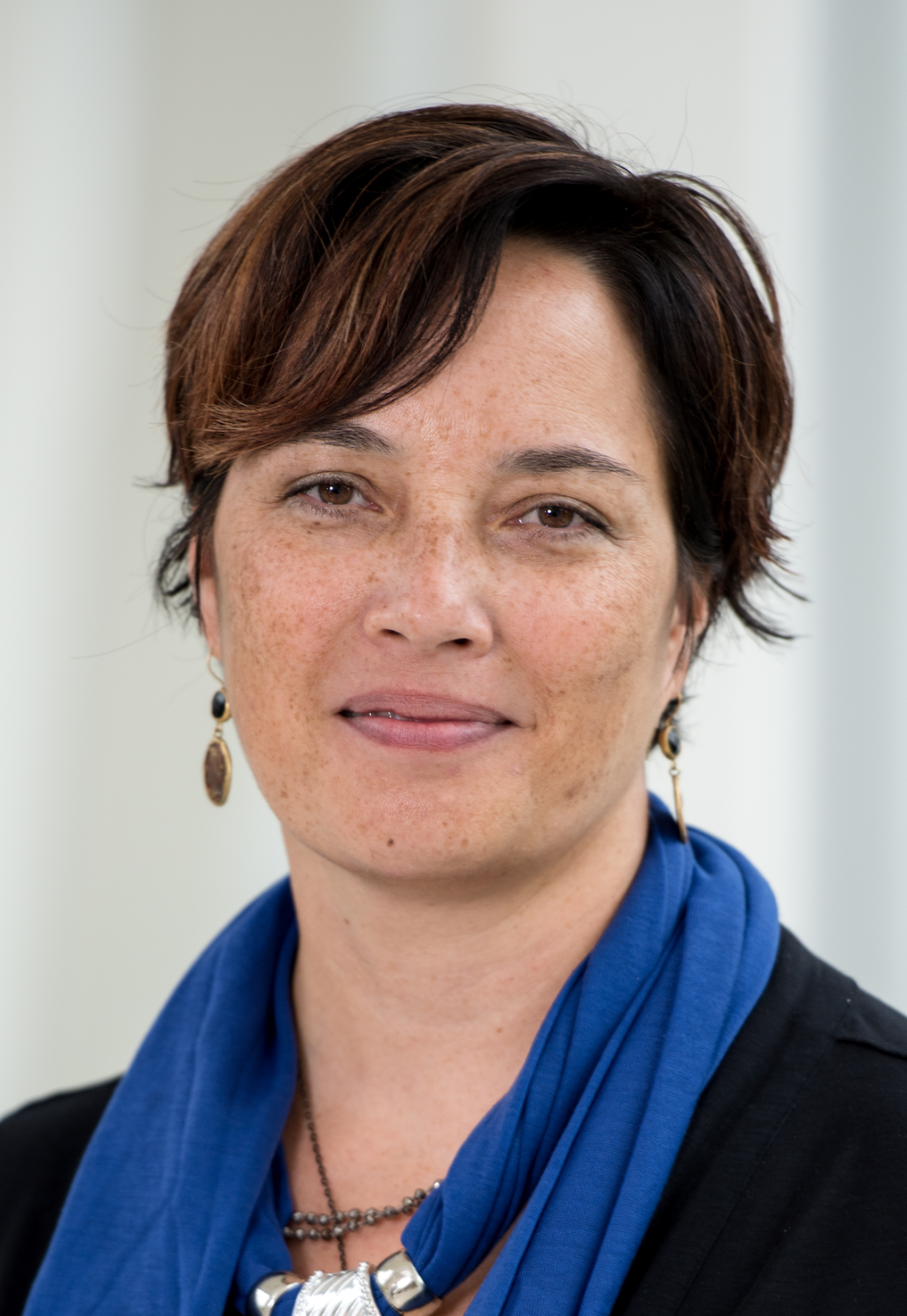
Biomedical sciences in general, and Microbiology and Immunology in particular, are fundamentally important to public health, policy, and education in the 21st century. Individuals with training in Microbiology and Immunology are needed in the food and pharmaceutical industries, as allied health professionals, for the nation's R&D mission, and in many other sectors.
Students who are attracted to Microbiology and Immunology may come from many disciplines and have varied backgrounds and may seek to apply their training to any of several career tracks. The target trainees for this master's program are individuals whose research or academic preparation is not yet sufficient for PhD training, or whose career aspirations require Microbiology and Immunology training less advanced than that expected of PhD students.
Our master's degree program will offer matriculates with research and didactic training tailored to meet the needs of each student, while satisfying expectations of master's level graduates of the University of Michigan.
We believe 21st century trainees need familiarity with both host and pathogen, and thus at least introductory immunology and graduate-level microbiology coursework will be required of all master's program students. Other program course requirements will be more flexible, allowing those with academic deficiencies to focus on coursework to enhance their credentials for professional school admission, and enabling those who aspire to do research to gain extensive experience in University of Michigan and/or industrial laboratory settings. To this end, there are several possible options available to students interested in pursuing a Master's degree.
Applicants should submit a completed Rackham application online. The Microbiology and Immunology Master's program application code is 02031.
- As part of the application, you can electronically upload your transcripts.
- We also request three letters of recommendation. As part of the Rackham online application process, you will be prompted to register each recommender, along with a current e-mail address. Recommenders will be contacted by e-mail and directed to a website where they will complete and submit the necessary forms. If your recommenders prefer a paper format, these letters should be submitted directly to the Department of Microbiology and Immunology.
- If you or your recommender need technical assistance regarding the application or recommendation systems please email ApplyWeb at: [email protected]. Include the following information: user name, full name, email address, and phone number. Please allow 24 hours for a response.
Recognizing that some students who enroll in the Microbiology and Immunology Master's Degree program may not be preparing for careers in research, or may decide to pursue other directions after an initial term of research, students can complete the degree with 28 credits whether or not research is included, provided other degree requirements are satisfied.
Students intending to pursue the non-research master's degree in Microbiology and Immunology should design a plan of study in consultation with the Master's Advisor, and this plan will be kept in the student's departmental file. Completing their approved personalized plan of study will be a requirement for each student who wishes to receive the Master's degree.
Performing laboratory research is not a requirement of the Master's of Science in Microbiology and Immunology. However, in keeping with departmental strength in research and the value of research experience for students, all Master's students interested in research are encouraged to pursue it. The program will facilitate research opportunities for all enrolled in the Master's Degree program.
Research Track Master's students will not perform research rotation but will enter mutually agreed-upon relationships with Microbiology and Immunology faculty research mentors prior to enrolling in research credit for the terms in which research will be performed. The student and research mentor will make arrangements for requisite safety coursework and will discuss expectations (generally 5-6 hours/week per research credit) prior to the start of research. In addition to providing a letter grade, the faculty member will provide a written evaluation for the student's departmental file, to be discussed and signed by the student, at the end of each term.
Matriculated students who have maintained an overall B average and intend to pursue at least two terms of laboratory research can opt to write a research-based thesis as part of their master's degree. They will defend their thesis to their thesis adviser and two additional committee members. Upon successful defense of the thesis, the Microbiology & Immunology program will then ensure that the student's degree is awarded with a designation indicating that they defended a thesis.
Meet the current graduate students in the Department of Microbiology & Immunology Master's Program.

Program Director of Graduate Studies
Microbiology and Immunology

Professor of Microbiology and Immunology
PhD Program Director & Graduate Studies Chair
Microbiology & Immunology